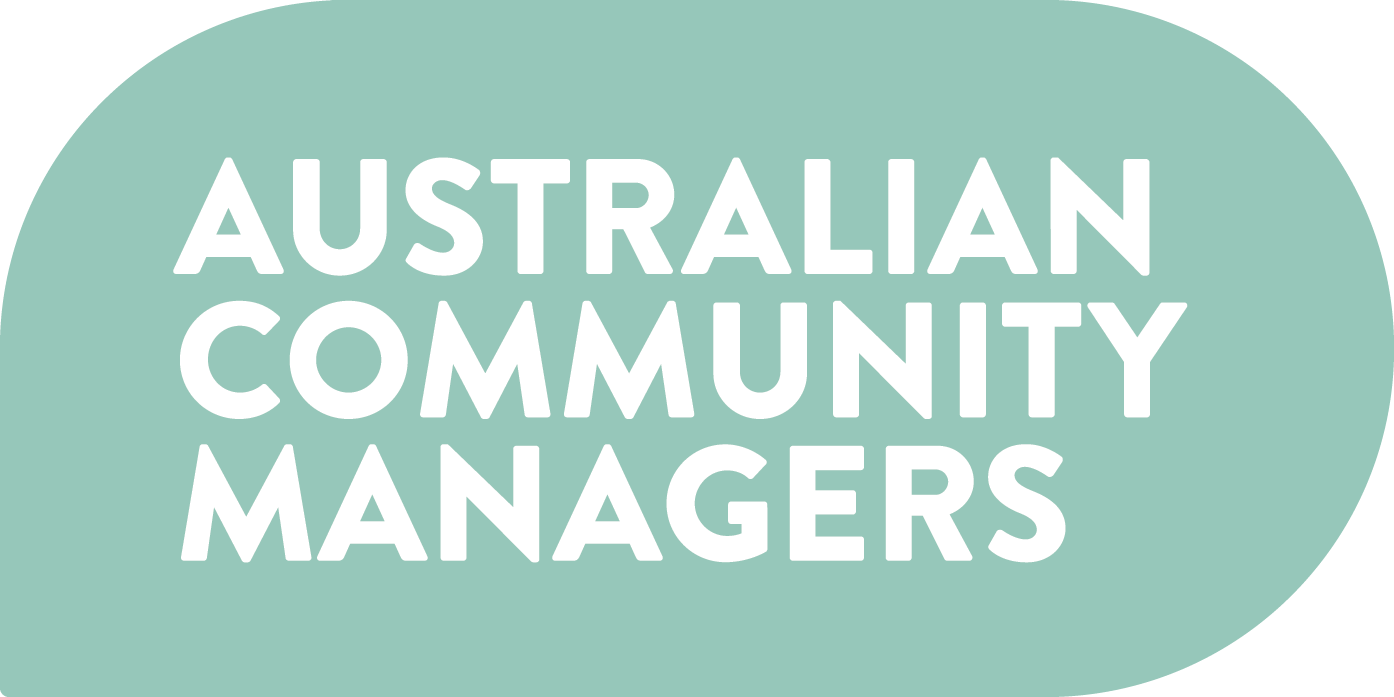About The Code
Online Community Managers have responsibility for creating socially safe digital spaces and strategic engagement that supports the purpose and context of our communities.
The aim of this Code is to establish standards of practice to guide Community Managers when acting on behalf of their organisation and in the interests of their communities. As custodians of digital social experience, we are uniquely positioned to positively impact people's experience of the Internet and to work with platform and technology owners to create constructive outcomes for all.
This framework provides online community professionals, the organisations they work with, and the public a clear understanding, and expectation, of what is considered ethical practice within their industry.
The pursuit of unqualified engagement and commercially motivated outcomes is not an excuse to act contrary to this guidance.
This Code was originally created by ACM co-founders Alison Michalk and Venessa Paech, in collaboration with Dr. Fiona Martin (University of Sydney).
Code of Ethics
1.
Deal fairly and honestly with community members, the public, employers, clients, colleagues, public officials and the media. Avoid conduct or practices likely to discredit themselves, their employers or client, colleagues and community members.
2.
Avoid publishing or encouraging content or activity that contains an unnecessary emphasis on personal characteristics, including gender, race, ethnicity, nationality, age, sexual orientation, family relationships, religious belief, or disability. Never use divisive or manipulative techniques (such as gender, racial or generational baiting) to drive 'engagement'.
3.
Do their utmost to ensure respectful conduct within their communities. This includes the creation of relevant governance for members in producing a healthy culture. Community Managers should report any forms of abuse to relevant parties, whether directed at them or others.
4.
Ensure their communities and content therein are accessible for all members, participants and potential participants (such as those who may rely on screen readers). This may include the addition of alt. text on visual content, avoiding using colours that hurt readability, etc. Build a culture of inclusion.
5.
Remain up to date with relevant legislation in their regions of practice and community locations, and should comply with these at all times. Note this does not preclude advocating for change of this regulation or informing its evolution.
6.
Adhere to relevant rules and terms on the platforms on which they operate. Compliance does not prevent Community Managers from offering platforms constructive criticism to improve those platforms, or lodging formal complaints if required.
7.
Build a culture of attribution and recognition. Seek permission to re-post content from other sources, and correctly attribute all copyrighted content to the original owner or licensee (in the case of Creative Commons or similar).
8.
Disclose any personal conflicts of interest, and not permit payments, gifts or benefits that undermine the accuracy or fairness of their interactions with employers, their communities and the general public.
9.
Responsibly manage risk and harms for participants and stakeholders. This includes the creation and implementation of actionable moderation and risk management practices for areas such as hate speech, harassment, defamation and private information.
10
Do not knowingly disseminate false or misleading information, and address errors and issue corrections as soon as is practicable. Work to minimise and mitigate disinformation within their communities, especially where those communities may sit on third party networks or platforms such as social media.


